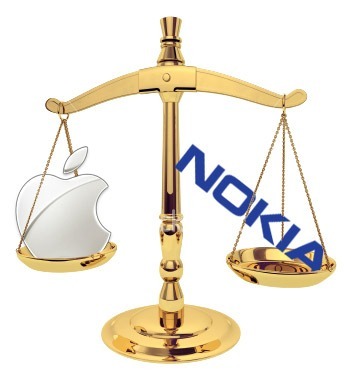This is in response to Asfvin Pugunisparam’s “Surface entering the market”
Apple has multiple, clearly established product lines. It also has a loyal and growing customer base. Although the sales were projected to drop after Job’s death, the company continued to release products more and more technologically advanced. The recent year of 2012 has been especially busy in terms of releases. Throughout the past few years, Microsoft became less and less known for its products and the only lasting market force is levered through their software releases.
This is why I personally believe that although Surface is marketed as a differentiated product (the touch sensitive keyboard and a tough display) it will fail to compete against the iPad. Apple is simply too well established for Microsoft to become a threat. Finally what makes all Apple devices more differentiated is the App store. It is because of the variety of available apps that their devices are so popular. Together with slick designs, Microsoft would need to come up with a truly revolutionary technology in order to gain a competitive advantage over Apple. So far that has not happened, because Surface cannot offer anything that iPad does not offer. Perhaps if the device was priced at less, it could stand a chance but as that is not the case, I doubt the device will be successful.





 difficult task, yet the benefits could be crucial. With the uprising patent war between Samsung and Apple, the latter needs a significant change in strategy in order to secure its future. That’s where Nokia comes in.
difficult task, yet the benefits could be crucial. With the uprising patent war between Samsung and Apple, the latter needs a significant change in strategy in order to secure its future. That’s where Nokia comes in.
 The ethical issue of potential sexual harassment, arises from a stakeholder conflict and the work culture of the company. As the CEO uses ‘sexy marketing’ to promote brands unique USP (noticeable and provocative clothes), he enforces all employees to adapt a specific mindset. As a result, the stores are often perceived as appealing and attractive by the customers, yet not all employees are comfortable with the sexual freedom promoted by the brand at the workplace.
The ethical issue of potential sexual harassment, arises from a stakeholder conflict and the work culture of the company. As the CEO uses ‘sexy marketing’ to promote brands unique USP (noticeable and provocative clothes), he enforces all employees to adapt a specific mindset. As a result, the stores are often perceived as appealing and attractive by the customers, yet not all employees are comfortable with the sexual freedom promoted by the brand at the workplace.